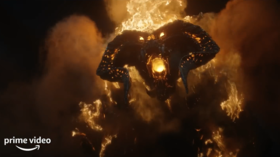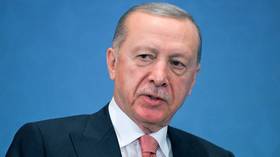War, fatalism, even some heavy drinking: Here are the modern movies you should watch to understand the mysterious ‘Russian soul’
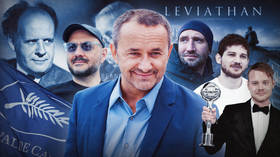
‘Russian longing,’ fatalism, existential reflections, intellectual conversations on abstract and eclectic topics, kitchen conversations – all this is an integral part of the international image of Russian culture, perhaps most amplified by the success of the country's 19th century literature.
Today, Russian cinema is enjoying a renaissance. Eternal themes which Leo Tolstoy, Anton Chekhov and Fyodor Dostoevsky wrote about, back in their time, are merged with the legacy of the brilliant Andrei Tarkovsky and the Soviet school of directing. Throw Konstantin Stanislavsky’s acting method into the mix – and other innovations of the Russian theater – and you have the ingredients of modern Russian film.
A new generation of young, successful filmmakers are ready to present a wide variety of topics to modern audiences, not only in Russia, but globally as well.
In honor of Russian Cinema Day, RT has put together a selection of the country’s most striking modern cinema, which will help people understand the mysterious ‘Russian soul’ just as well as the multi-volume classics of the renowned writers of old.
The ‘Russian Soul’ in Contemporary Cinema
Russian cinema has been around for more than a century. The first screening of a domestic film took place back in 1908 under Emperor Nicholas II. But despite its long and rich history, its birth only began to be celebrated relatively recently – in 1980. The date has shifted many times, and only in 2001 did it finally come to rest on August 27. It was on this day in 1919 that a decree on the nationalization of the USSR’s film department was adopted.
Russia’s eventful history has left a big mark on cinema. Pre-war films, as well as those made during the ‘thaw’ period, were full of optimism, while in the 1970s there was more realism. After the collapse of the USSR, priorities changed and new filmmakers appeared to speak on their own topics. Despite the global changes in the country and society, Russian cinema did not stand still and tried to find new ways to communicate with its audiences. Finally, we can safely say that, in the last decade, the art form has been rejuvenated
Modern Russian film preserves the traditional features and motifs of the national culture but works with them more carefully. Traditional time-tested dramatic devices are no longer the sole basis of a particular movie, but serve to complement the overall picture, imbuing it with the same ‘Russian soul.’ Time does not stand still, and cinema must develop, so attempts to shoot something in the spirit of the Soviet era are doomed to failure. The filmmakers bring a new language, new techniques, and new meanings to their works, even if we are talking about historical cinema. After all, it must first of all resonate with today’s viewer.
At its best, modern Russian cinema is skillfully shot and technically sound, while TV serials raise important issues and speak to modern viewers. There are many new Russian filmmakers who have received wide recognition both at home and abroad. If you follow the winners of prestigious international film festivals, you’ll see that Russian films appear on the list every year.
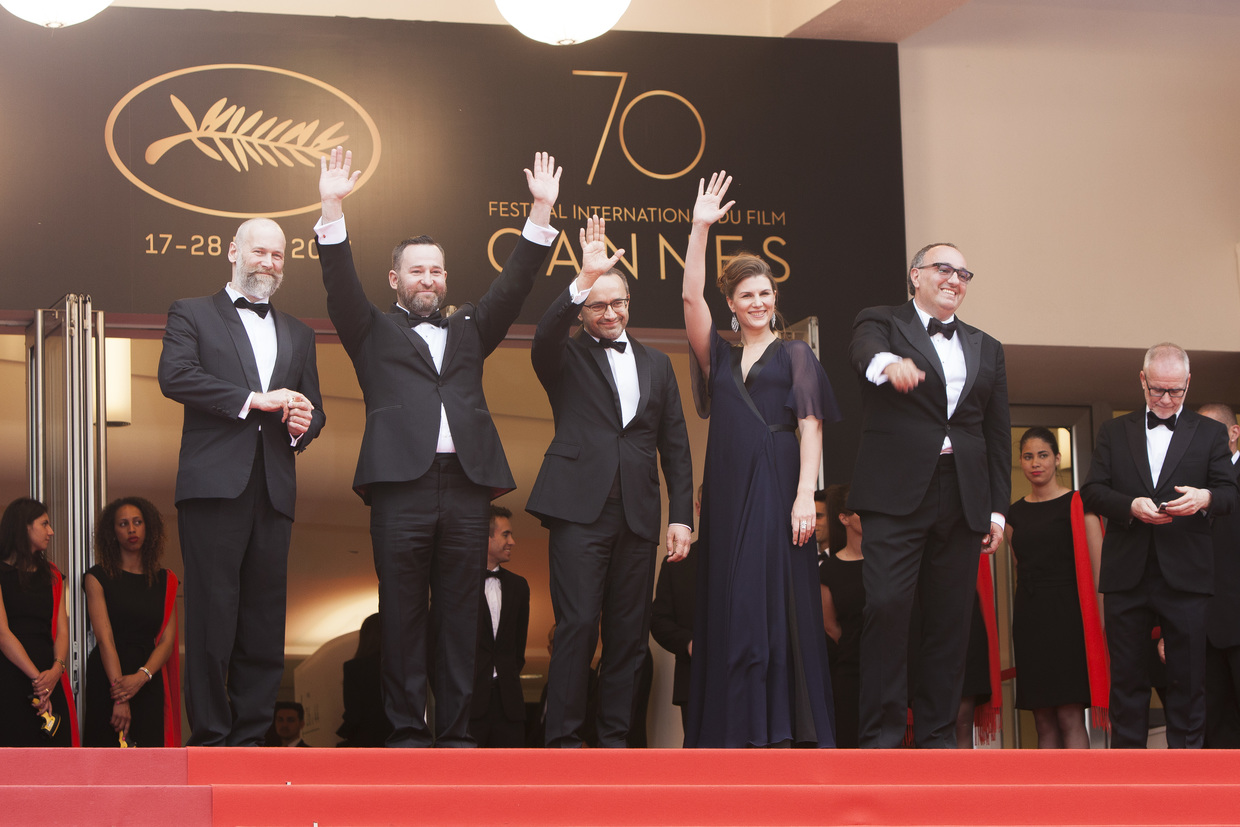
In the 21st century, several high-profile directors appeared in Russia at the same time, whose premieres aroused increasing interest. These include Yuri Bykov, Kirill Serebrennikov, Andrey Zvyagintsev, Kantemir Balashov, Ivan I. Tverdovsky, and others. These are all very different filmmakers, each with their own signature. What unites them is their ability to hook the viewer and ask the right questions.
Andrey Zvyagintsev
Andrey Zvyagintsev has long been the object of worldwide fame. His 2003 feature-length debut The Return won the Golden Lion at the Venice Film Festival. Leviathan (2014) and Loveless (2017) were nominated for Oscars, and the latter won the Jury Prize at the Cannes Film Festival.
Perhaps Zvyagintsev’s most famous work remains Elena. The picture received a special prize in the Cannes Film Festival’s ‘Un Certain Regard’ program. And the American magazine Rolling Stone included Elena in a list of the best 50 films from the second decade of the 21st century. Despite being released in 2011, the film has not lost its relevance today and, perhaps, has even acquired new meanings. This is a subtle and precise study of class stratification based on two people who entered into an unequal marriage.
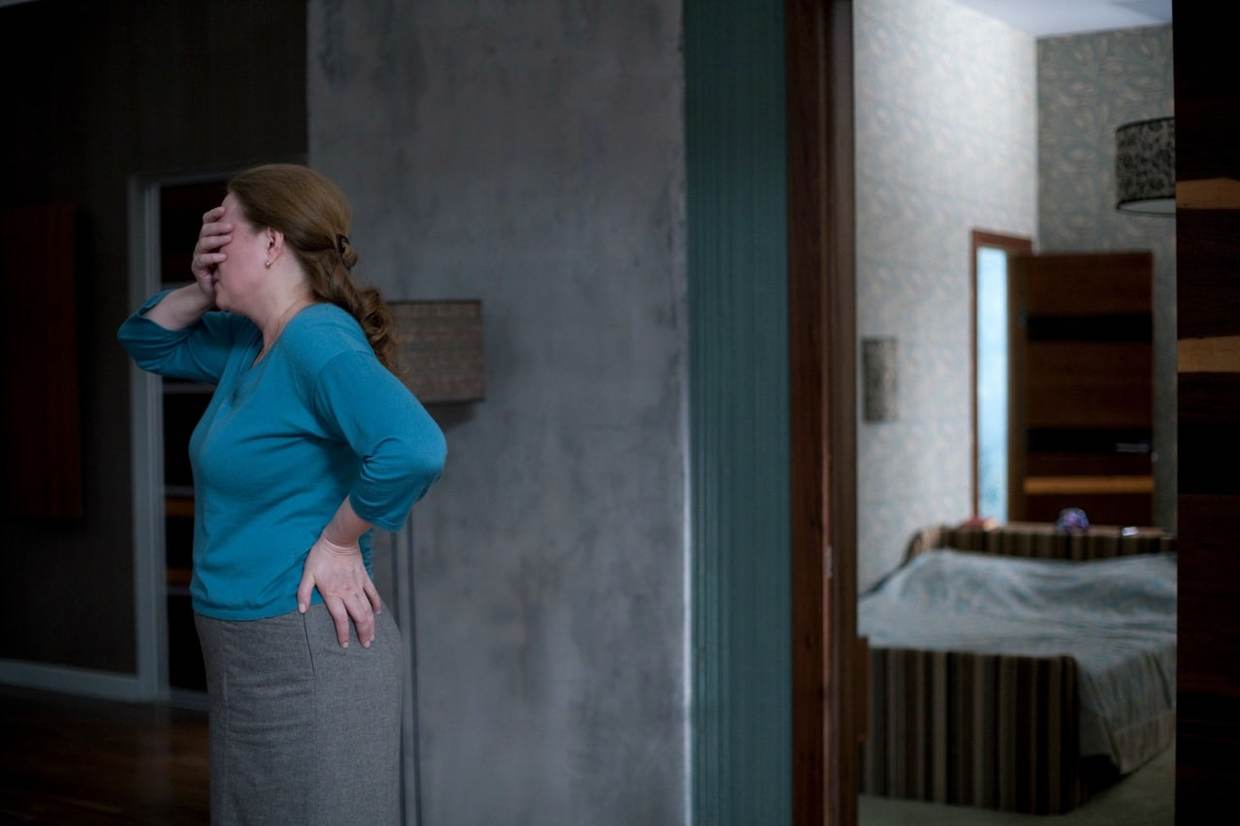
Anti-capitalist sentiments are very popular in the West now. Almost every Hollywood film either directly or casually criticizes capitalism. But many films lack a sense of proportion, containing banal slogans that often cannot be applied to the lives of ordinary people. Therefore, they resonate little with viewers on a personal level. Zvyagintsev’s story is simple and understandable yet has depth and encourages viewers to seek different meanings. Zvyagintsev does not criticize capitalism directly. He does not say things openly, but this is the attraction of Elena – the viewer can easily put himself in the place of the protagonists and, with the help of images and hints, grasp the main idea of the picture.
Where to watch Elena: iTunes, Amazon Prime, Kanopy
Where to watch Loveless: Amazon Prime
Where to watch Leviathan: Amazon Prime
Kantemir Balagov
Kantemir Balagov, a student of leading Russian cinema figure Andrei Sokurov, perhaps best shows what cinema is like in modern Russia. Balagov’s full-length debut Closeness was a great success as part of the 2017 Cannes Film Festival’s ‘Un Certain Regard’ program. The president of the screening, Thierry Fremaux, even said that Closeness represented a “revival of the film industry” in Russia.
Fremaux, of course, was exaggerating a bit, as many good films had been shot in Russia before 2017, but his reaction can be understood. Closeness is shot in a genuinely new Russian film style, the search for which has long been discussed by many film critics.
Balagov’s second film, Beanpole, was already a much-anticipated event and, naturally, became one of the best Russian films of 2019. The picture tells the story of a friendship between two women in post-war Leningrad (now Saint Petersburg) in 1945. The first thing that catches your eye is the maximum respect given to frontline soldiers. The war has just ended. The siege of Leningrad had been broken just a year and a half before. People in the city are still suffering from huge spiritual trauma but trying to start a new life in peacetime, which seemed completely unattainable not so long ago.
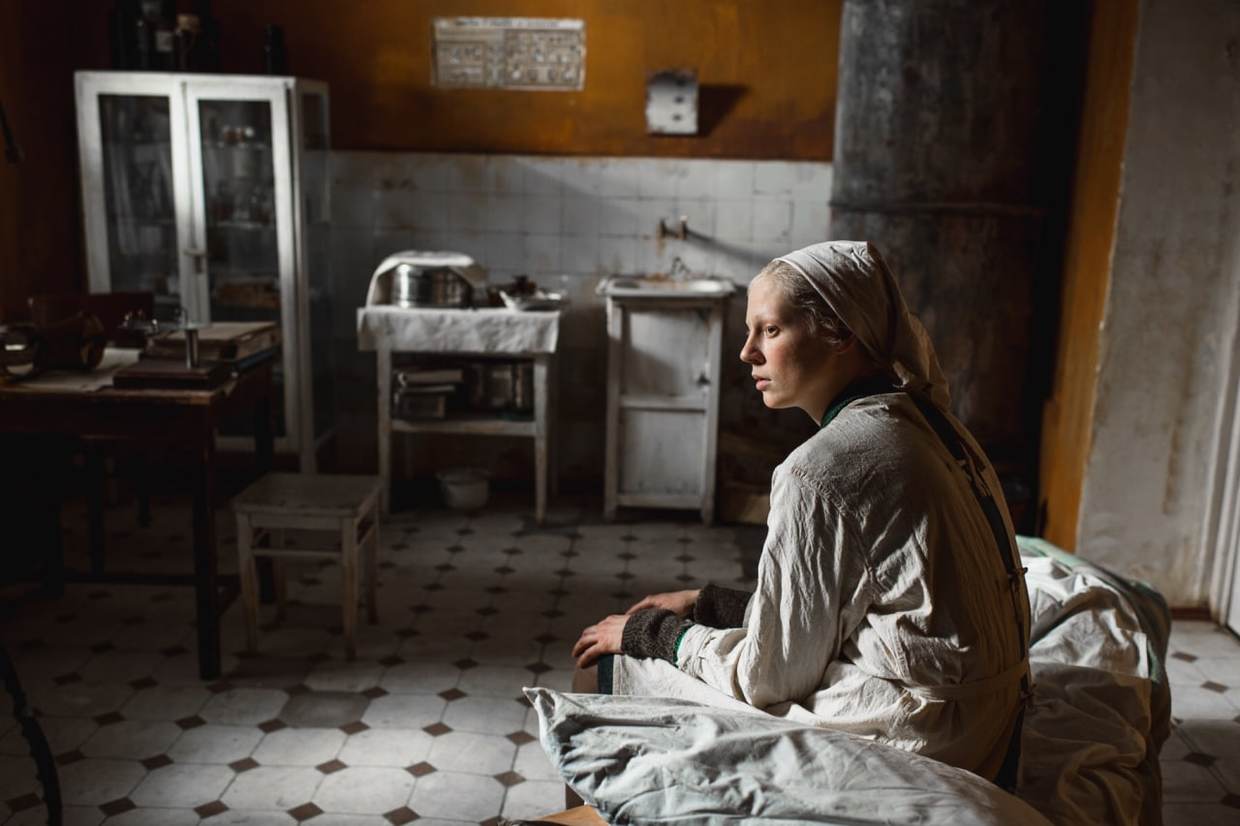
But with all this, Balagov did not fear vivid visualization. Beanpole has a distinctive palette that cannot be confused with that of any other movie. The delicate balancing of the semantic load, the narrative’s difficult subject, and the most beautiful video sequence is the film’s main attraction.
In 2020, former US President Barack Obama even included Beanpole in his annual list of best pictures. It is not surprising that after such success, Balagov was invited to the USA to shoot the pilot of the series The Last of Us, which is based on the Sony video game of the same name.
Where to watch Closeness: Amazon Prime, Kanopy
Where to watch Beanpole: Amazon Prime, Kanopy
Kirill Serebrennikov
Kirill Serebrennikov launched his filmmaking career back in the 1990s though his major breakthrough came after “Playing the Victim” was released in 2006. The monologue about Russian football delivered by Vitaly Khaev’s character quickly became a source of popular quotes.
Since then, Serebrennikov has turned into a popular theater director, has made more movies, and has become the creative force behind a trendy Moscow venue. Two of his more recent films, “Summer” and “Petrov’s Flu,” are an important achievement in his career.
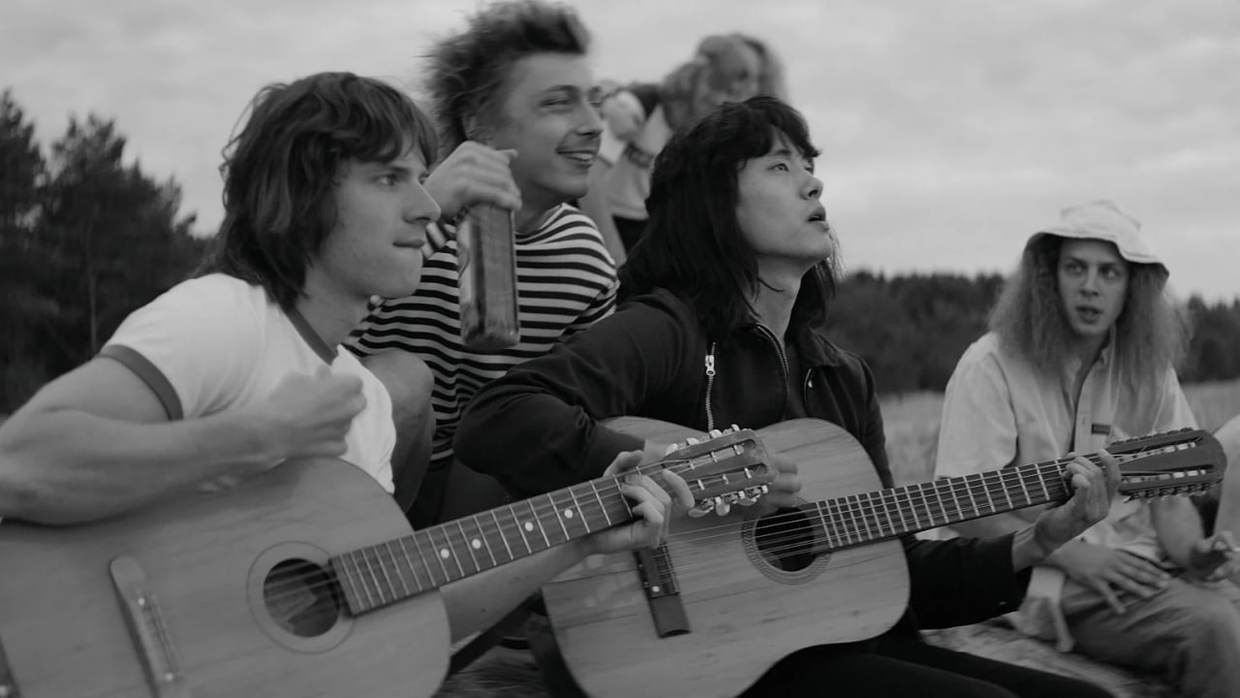
“Summer” is a biopic dedicated to the Leningrad underground rock scene in the early 1980s and, more specifically, to Viktor Tsoi, the frontman of Kino and one of Russia’s most iconic musicians, who died in a tragic accident on August 15, 1990, at the age of 28. Just eight years had passed since his first album was released, but those years had made Tsoi a true legend. Even today, his fans gather in the center of Russia’s biggest cities to mark important dates in his life by singing his songs and celebrating his legacy. While being fully aware of the singer’s tragic fate, Serebrennikov made a movie brimming with optimism, even though every viewer knows where and when the main protagonist’s story will come to an end.
“Petrov’s Flu” transports its viewers to Yekaterinburg in the 1990s following the Petrov family, who come down with the flu as the country is going through a tumultuous period after the collapse of the USSR. This multilayered film uses magic realism to create, quite counterintuitively, an authentic depiction of the times. Suffering from the flu, the characters sometimes have trouble telling reality from feverish hallucinations, and this approach, teetering on the brink of surrealism, may well be the most accurate depiction of 1990s Russia.
Where to watch “Summer”: Kanopy
Yuri Bykov
Yuri Bykov burst onto the movie scene in 2013 with “The Major.” The director succeeded in making the tragic story of a police officer who tries to hide a crime he committed really relatable. In 2018, Netflix released “Seven Seconds,” a miniseries based on “The Major’s” plot, which enjoyed a positive critical reception and allowed Regina King to win an Emmy award as an outstanding lead actress.
Nearly all of Bykov’s movies focus on “the ordinary man,” a well-known phrase for any Soviet or Russian school student, who will have heard it many times in literature classes covering 19th century Russian literature. And it’s true that Bykov’s creativity is deeply rooted in Russian culture, as he manages to give very convincing cinematic expressions of Russia’s trademark brand of melancholy, sense of doom, and fatalism. By putting traditional themes in the context of the country’s present-day realities, however, Bykov has reinvented the language of Russian cinematography. His work is geared towards a younger audience but resonates well with lovers of classical literature.
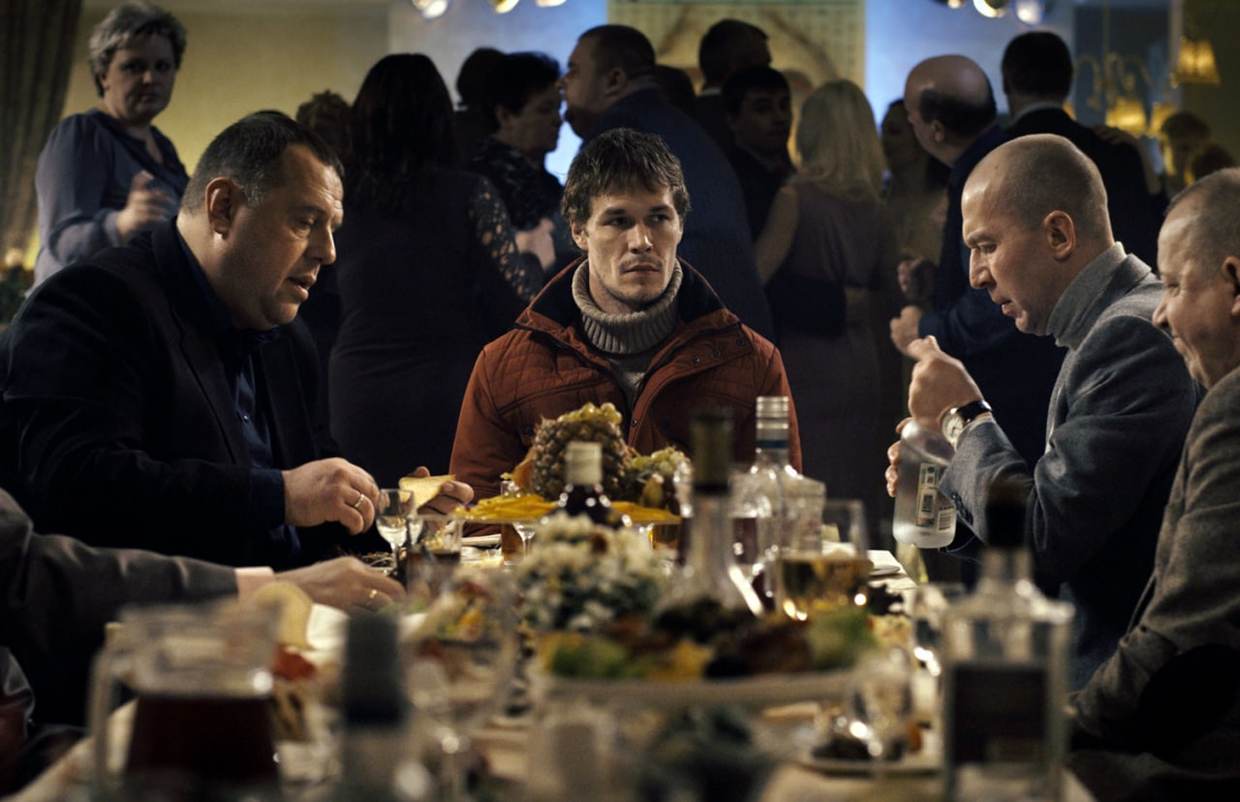
“The Fool” follows a plumber’s struggle against bureaucracy and small-town corruption. “Guard” reminds us that warring criminal gangs are still around, if you just look outside the major cities. These topics have a universal appeal for almost anyone on this planet. Everywhere you have people abusing power, however limited, you have criminals, and you have everyday problems which you often cannot resolve, so you just have to accept reality and get on with your life as best you can.
“The Method,” an expensive police crime drama, stands out from the rest of Bykov’s work. It tells the story of a unique detective who uses a mysterious method to catch the most elusive and dangerous serial killers. “The Method,” which at the time of its release in 2015 had very little competition in Russia, foreshadowed the era of high-quality Russian TV shows.
Where to watch “The Major”: Amazon Prime (you might also like the American remake “Seven Seconds” on Netflix)
Where to watch “The Fool”: iTunes
Where to watch “Guard”: Netflix
Where to watch “The Method”: Netflix
New Russian TV shows
With HBO premiering “The Wire” in 2002, a success later followed by “Lost” and “Mad Men,” the TV series boom in Hollywood predated the golden age of Russian shows by a decade. Bykov’s “The Method” demonstrated that a TV drama in the world's largest country could be intelligent and beautifully shot. A major boost for the quality of Russian shows was the rapid emergence of Russian streaming services, which put fewer constraints on directors’ creativity than typical producers of movies shot for the silver screen.
Boris Khlebnikov followed his hugely successful 2017 drama “Arrhythmia” with “An Ordinary Woman,” a TV series starring Anna Mikhalkova. The protagonist appears to be a simple person, who owns a small flower shop, raises two kids, and takes care of her husband, a surgeon. Soon enough, however, we find out that all this is a cover for her prostitution racket. The show was a revelation both for audiences and critics. A bold idea and an unusual take on dealing with social issues have made “An Ordinary Woman” one of the most prominent achievements of Russia’s TV series industry until this day.
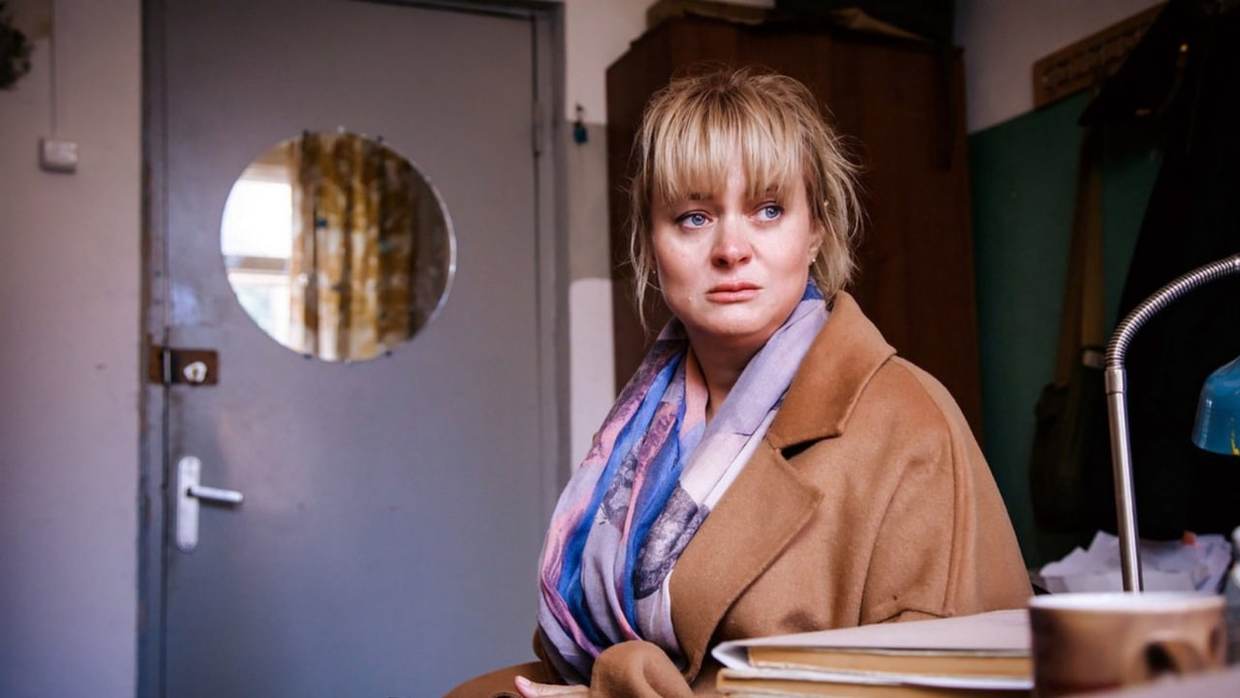
“To the Lake” is a major post-apocalyptic thriller about a group of people who are trying to survive a terrible plague which turns everyone into zombie-like creatures. Released towards the end of 2019, shortly before the coronavirus pandemic, the series quickly became a meme, first in Russia, then everywhere else after Netflix bought the first season.
November 2020 saw the premiere of “Dead Mountain,” the most unorthodox Russian show yet in terms of both form and content. Released on a streaming platform, the series was a sensation. It masterfully balances two parallel narratives – one about the death of young tourists in the mountains and the other about the investigation of the incident. The execution of the first story line is immaculate. The director used angles and lighting typical of the late 1950s and early 1960s to transport audiences back in time in a veritable time machine.
“Central Russia’s Vampires” is another brilliant attempt at trying to uncover Russia’s true identity. The movie is a dazzling mixture of sci-fi, mysticism, comedy, everyday life, love drama, and even a quest for the human soul. While at first you may be tempted to see “Central Russia’s Vampires” as a tribute to Taika Waititi’s “What We Do in the Shadows,” this feeling quickly goes away after the show takes quite a different turn.
The story arc is built around a family of vampires who have been living in the Russian city of Smolensk for hundreds of years. The patriarch, who has been around since the Middle Ages, has been adding family members by converting people who were facing imminent death into bloodsuckers. The appeal of the show is in small details such as the characters’ personal traits, gestures, and seemingly inconsequential remarks.
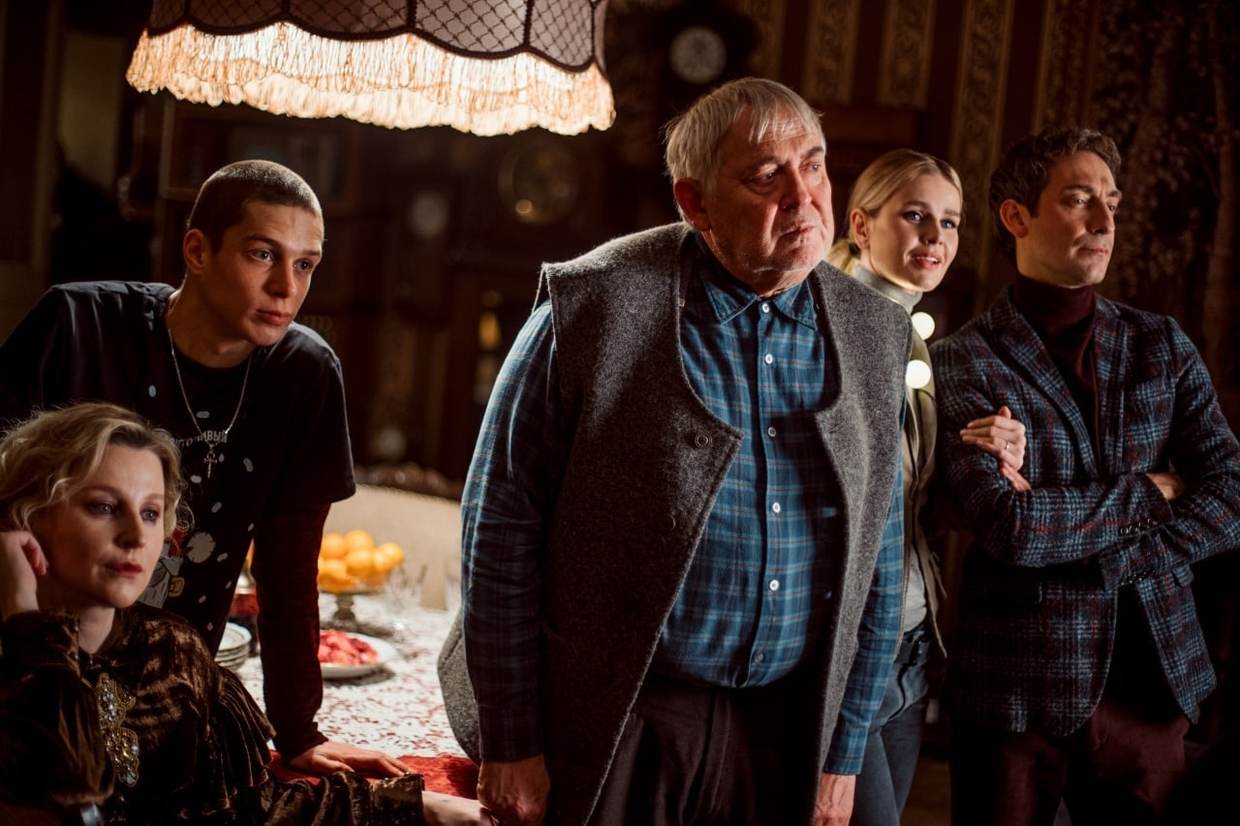
The important and popular idea behind “Central Russia’s Vampires” is that what makes us human is how we act, so that a vampire may be more humane. Another key concept is the love for the place we’re from. Given their vast experience and longevity, these ancient creatures could have easily become billionaires and moved to Moscow to enjoy a fancier lifestyle, yet they choose to reside in a humble house in Smolensk because they really enjoy the connection to their hometown.
Last year, 153 Russian movies were released – a significant achievement for a country where 15 or 20 films per year would have been a lot 20 years ago. The Russian movie industry is experiencing a renaissance, which has seen the arrival of new writers and directors and the release of many series made by budding filmmakers. All in all, there is healthy competition. The films mentioned in this article are just a handful of Russia’s cinematic offerings, and many more original creations deserving of the highest respect can be found if you do a little research.
